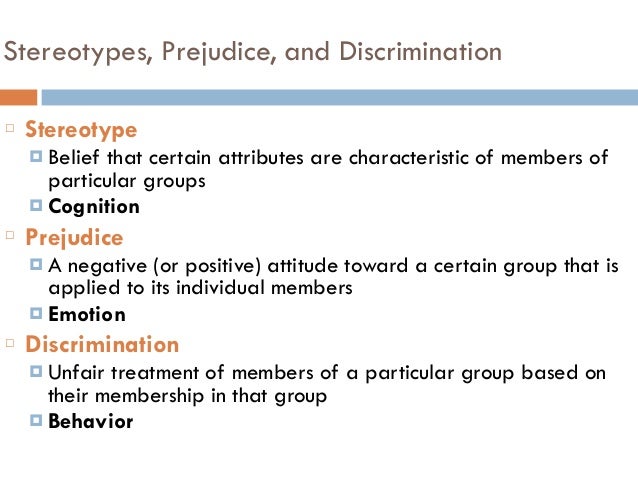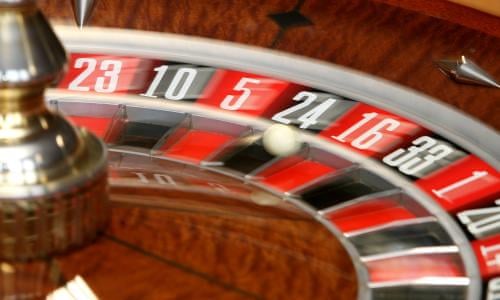Stigma Of Gambling
Keywords: stigma, gambling disorder, public stigma, anticipated stigma, stereotyping, predictors, devaluation, Specialty section: discrimination This article was submitted to Personality and Social Psychology, a section of the journal Frontiers in Psychology INTRODUCTION Received: 29 June 2016 Stigma has been identified as one of the greatest. Interviews with people with gambling disorder covered the following stigma-related issues: perceptions of people with gambling disorder by others, social reactions towards people with gambling disorder, self-perceptions of people with gambling disorder and how they deal with social reactions.
The stigma associated with gambling harm is so strong that many people would rather acknowledge a drug or alcohol addiction than disclose a gambling problem.
It also considered how stigma may impede treatment and interventions among first-time and relapsed help seekers, and how it may influence recovery from problem gambling. Results from the study indicate that the general public tend to view problem gambling as a condition resulting from the characteristics of. A Cats premiership star who has battled a gambling addiction is lending his voice to a campaign aiming to smash stigma. Allen Christensen, 29, estimated he would have lost between $200k and $300k.

During Gambling Harm Awareness Week (7–13 October 2019), Victorians are being asked to consider the negative consequences of their own or someone else’s gambling, to listen to the stories of others who have been affected, and to support the people in their lives who may be struggling.

Under the theme TALK.SHARE.SUPPORT. more than 65 events will be held across the state during the week to encourage community discussions about this oft-hidden issue.
“Losing money is the obvious ‘side effect’ of gambling, but gambling harm takes many forms and can be very complex,” Victorian Responsible Gambling Foundation chief executive Shane Lucas said today.
“Gambling can affect your self-esteem, your relationships, your physical and mental health, work performance and social life. It can harm not only the ‘gambler’, but also your family, friends, workplaces and communities.
“For many people, it can be a sensitive and uncomfortable topic to discuss, but talking about it is an important first step towards preventing gambling harm in our community.”
Mr Lucas said he commended the courage of Anna, Ken, Bayu, Mario and Lynda, who have shared their personal stories of gambling harm and recovery on video to help break down stigma and let others know that they’re not alone.
“The message in each of these stories is loud and clear. If gambling is having a negative impact on your life, it’s important to find someone you trust and tell them about it.”
Major public events during Gambling Harm Awareness Week include:
- Shifting the goal posts on sports betting, a co-hosted Foundation–Vicsport discussion about kids, sport and betting with an eminent panel that includes AFLW superstar Daisy Pearce, Geelong Football Club President Colin Carter AM, Western Bulldogs Football Club CEO Ameet Bains and Aussie netball legend Sharelle McMahon
- a Knowledge in action workshop in Bendigo, co-hosted by the Foundation and Youth Affairs Council Victoria, which will bring together researchers, community leaders and local professionals to share expertise on various gambling and youth-related issues.
In addition, the Foundation will release new research findings on the prevalence of gambling among Victorian students aged 12–17 years. The outcomes of the latest round of Prevention Partnership Program grants will also be announced.
A list of metro and regional community Gambling Harm Awareness Week events supported by the Foundation is available here.
Media contact:
Fiona Skivington, Manager, Media & Communication
on +61428248931 or fiona.skivington@responsiblegambling.vic.gov.au
The stigma of problem gambling: causes, characteristics and consequences
Stigma Of Gambling Addiction
StigmatizationProblem gamblingAustraliaStigma Of Gambling Sites

This study aimed to determine the nature and relative intensity of stigma for problem gambling in Victoria, and to analyse how this stigma is perceived and experienced by different groups. It also considered how stigma may impede treatment and interventions among first-time and relapsed help seekers, and how it may influence recovery from problem gambling.
Results from the study indicate that the general public tend to view problem gambling as a condition resulting from the characteristics of an individual's personality or circumstance, but one that is recoverable.

However, people with an identified gambling problem felt that others see their condition as their own fault due to failures of character. They also reported significant self-stigma, including feeling disappointed in themselves, ashamed and embarrassed. Interviews with people experiencing gambling problems and counsellors revealed how stigma can be an obstacle to help-seeking and behaviour change, and how relapse can affect self-stigma.